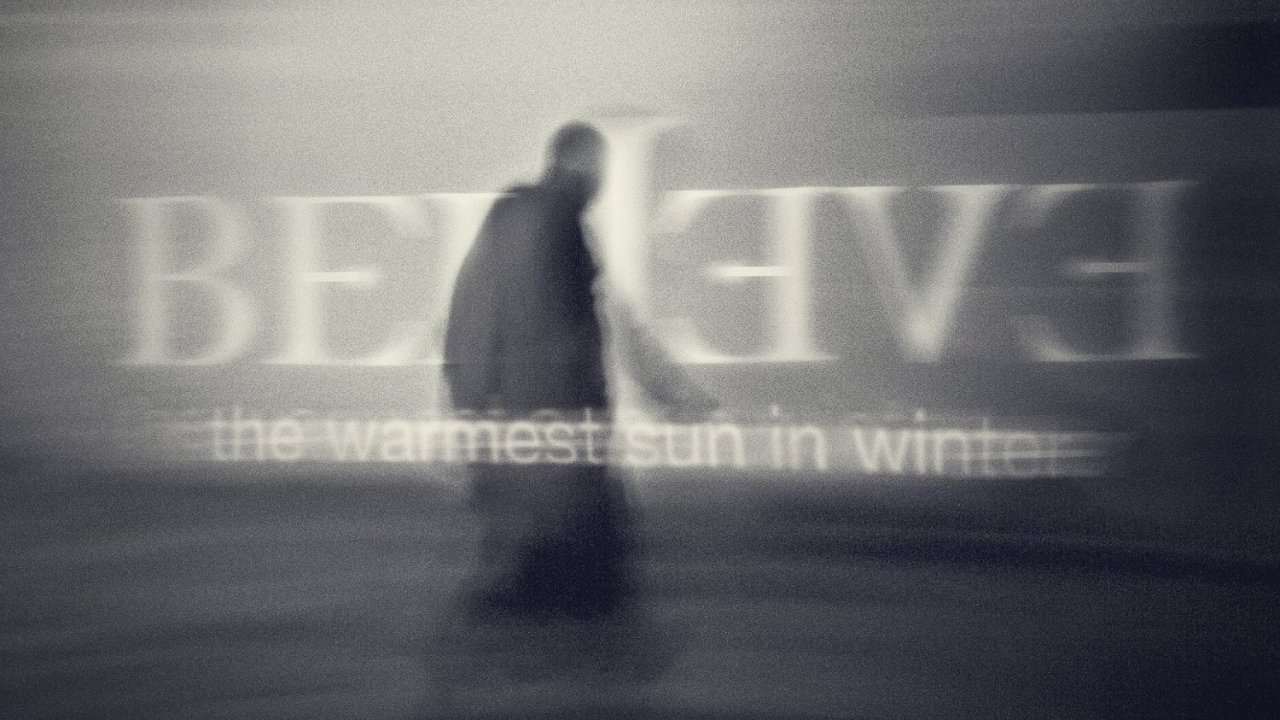Rather like a precocious child actor, Believe appeared to be a band who were in danger of peaking far too early. As one of the many progressive bands catapulted out of Poland over recent years, their first three albums – most notably 2008’s Yesterday Is A Friend – had the type of lush compositions and a single-minded direction which hinted at a glowing future.
Yet, on the cusp of breakthrough, they blew it with the chronically disappointing World Is Round, which, although having moments of clarity, was filled with the sound of a weary band hitting a creative wall, hard.
Three years on then, and the pressure is on Believe to produce an album worthy of their talents and early promise. Fortunately, in The Warmest Sun In Winter, the band have done exactly that. Dispensing with some of the incongruous, harder riffing and even cutting back on the violin which previously permeated their sound, it’s a focused album that’s drenched in the type of classy musical textures created by Hogarth-era Marillion. There are countless highlights, all of which take repeated listens to appreciate.
The evocative Beginners moves through a variety of layered segments and utilising the Gilmour-esque guitar tones that Mirek Gil revels in creating. Critically, the track also manages to include vocal melodies that can only be described as catchy, without ever venturing too close to overt commercialism. Words is similarly commanding, with a Hammond organ neatly offsetting the opulence of the prevalent guitar. The only weaker moment is Heartless Land, which is a touch plodding and lacks the urgency of the rest of the album.
Wisely, Believe have also avoided the potential pitfall of making the album too long, instead cutting it down to around 50 minutes, consequently it’s a recording free from any filler. Though quite why they decided to utilise the uplifting The Bright Day as a hidden track, dismissively tacked on to the end of the album, is anyone’s guess. As in previous releases though, lyrically the band falter and fail to connect on any meaningful level.
Despite the album’s grand concept of a pair of old friends reconnecting after years apart, the lyrics are vague and feel disconnected to that overriding notion. It’s the kind of failing that in reality needs a slight amount of tweaking, but makes the difference between a good and great album. Without lyrical resonance, even such masterpieces as Pink Floyd’s Dark Side Of The Moon would be found wanting. That said, this remains a well-honed album that should put some self-belief back in Believe.
